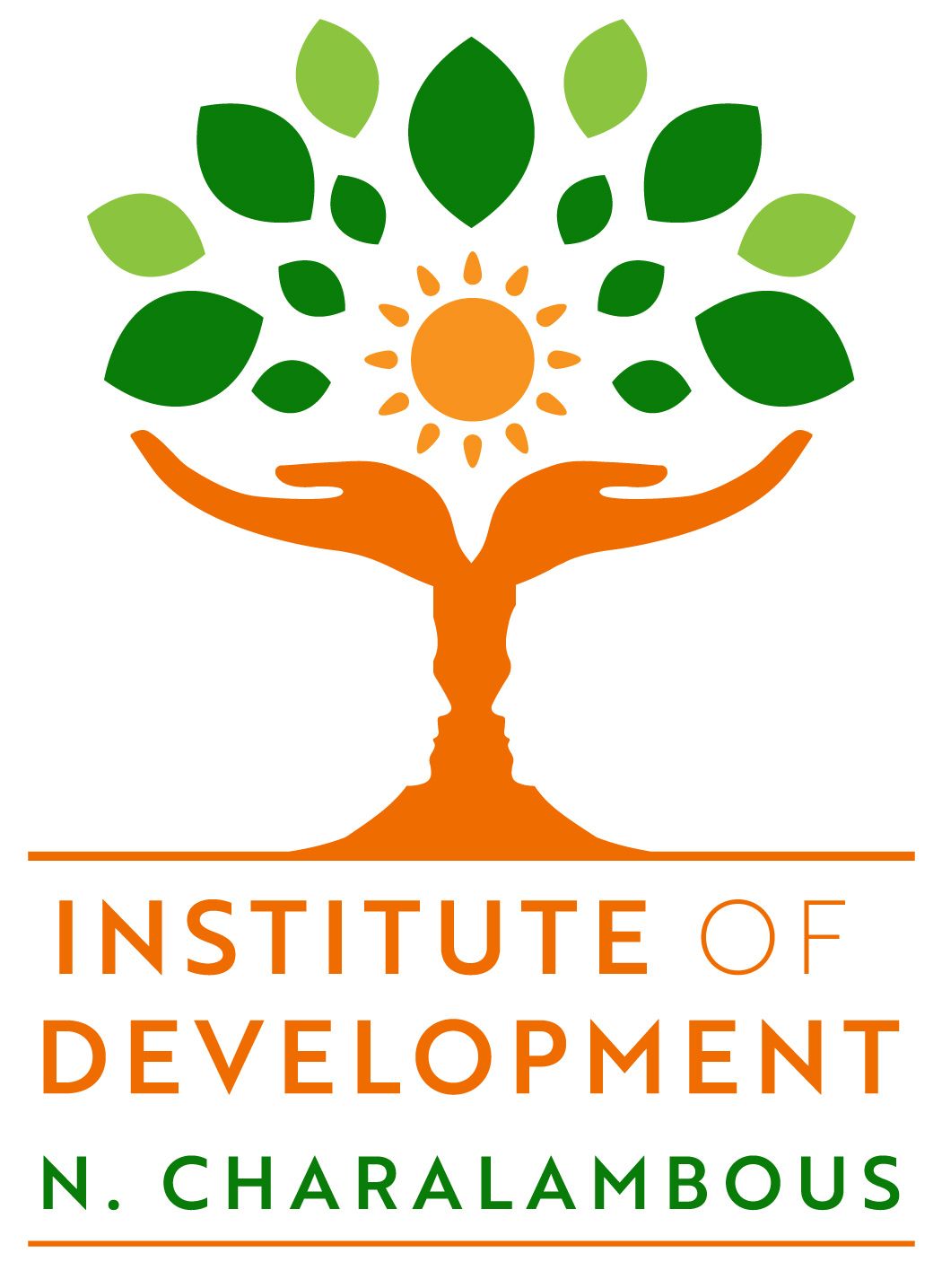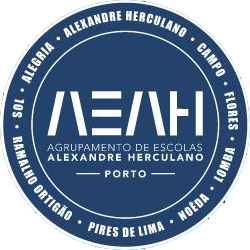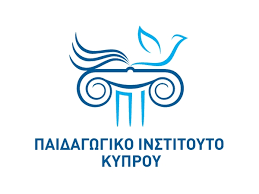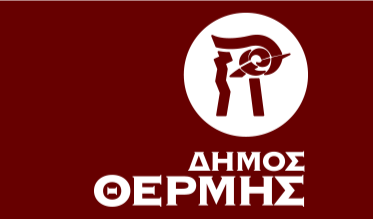- Home
- About
About the project
-
The project serves the basic need of all partners and their respective target groups to effectively address behavior problems from the very early years of children’s education, by building learners’ socioemotional competence to learn in a socially inclusive environment. Such an accomplishment has multiple benefits in early childhood education and beyond. It operates as a preventative means of children’s school failure and problem behaviors. The project results strengthen teacher education and training, and provide evidence-based practices for promoting socioemotional development in ECEC, a crucial dimension in child development and wellbeing, and a transversal domain in all partner countries. By equipping early childhood teachers with skills as the above mentioned, it is anticipated a boost of their professional development and their well-being. In line with the partners’ work and objectives, the project supports them to expand their knowledge and skills in this topic, improve their capacities to learn, collaborate, and better serve their target groups in their respective countries.
-
The overall aim of this project is to create an effective European schoolwide framework that
promotes social inclusion and academic engagement.Through collaboration between ECEC centres and academic institutions in Europe, PBS-ECEC
focuses on applying a program-wide approach to promote children’s socioemotional competence.
Specifically, PBS-ECEC will examine the design and implementation of PW-PBS across ECEC
settings, with specific emphasis on:- training centre-based teams to deliver key elements of PW-PBS to the other professional of the
centres; - producing educator training manuals regarding the evidence-based practices to develop
socioemotional competence and to respond to challenging behaviour, and - developing a web-based space to disseminate project activities for effective communication,
use and sustainability among consortium partners and others.
Key activities include reviewing evidence basis of socio-emotional competence and mapping
practices in each partner country, educator professional development and coaching on effective
classroom management, socioemotional learning, and student behaviour assessment. - training centre-based teams to deliver key elements of PW-PBS to the other professional of the
-
The following main questions are to be addressed in each case study report:
- What is the status of behavioural and socio-emotional difficulties of young children in early childhood education and care settings in partner countries?
- What are the possible contributing factors of children’s socioemotional difficulties in partner countries?
- What implementation efforts have been made at the policy and ECEC settings’ levels to address these issues?
- What is the impact of current practices developed to promote the child socioemotional competence and to prevent problem behaviours on educator and child outcomes?
Partners will follow a mixed-methods approach to answer the project’s questions by: a)conducting a research literature review to assess thoroughly the status of practices to develop child socioemotional competence in each country’s current educational context, b)conduct focus group interviews with a sample of educational policy stakeholders, ECEC administrators and educators to elicit responses to the above questions; and (c) review and analyze policy reports and official documents with respect to intervention efforts on behavioural and socio-emotional supports in young children at policy and ECEC settings levels.
Partners
- INSTITUTO POLITECNICO DO PORTO
- CARDET
- The International Hellenic University (IHU)
- PROFEXCEL.NET LTD
- INSTITUTE OF DEVELOPMENT LTD
-

INSTITUTO POLITECNICO DO PORTO
The Polytechnic Institute of Porto (P.PORTO), the coordinating partner of the PBS-ECEC project, is one of the largest higher education institutions in Portugal. The School of Education of P. Porto is oriented towards education, research and service to the community, offering a range of undergraduate and postgraduate programs (e.g., Master in Preschool Education), a joint doctoral degree in Education (w/ University of Santiago de Compostela) and Continuing Education Programs for several professionals, such as preschool teachers. The Centre for Research and Innovation in Education is a FCT research centre (UIDB/05198/2020) and follows the strategic vision and mission of ESE in teaching, education and social intervention. It intends to contribute to the construction, dissemination, and sustainability of declarative, procedural and situational knowledge in Education Sciences in 4 areas: Teacher Education & Training; Special Education and Inclusion; Culture, Art, and Education; Society Challenges and Education. In recent years, inED’s researchers have participated in several European projects directly connected with pre-school education and positive behaviour support systems (e.g., BECERID, BASE, BEHAVE, PARTICIPA).
-
CARDET
CARDET is the leading research and development centre in the Mediterranean region with global expertise in education, school wide interventions, digital skills, and capacity building. As the largest independent non-profit centre based in Cyprus, CARDET is independently affiliated with universities and institutions from around the world, such as the Yale University, the University of Nicosia and the International Council of Educational Media. CARDET has completed more than 400 projects relating to education, inclusion, PBIS, new technologies, literacies, digital skills, upskilling pathways, innovation, and entrepreneurship. CARDET brings together an international team of experts with decades of global expertise in education research and development. The CARDET team has successfully participated in projects in more than 45 countries, several of which were supported by the European Commission, the United Nations Development Program, Microsoft, Google, The Commonwealth of Learning, international agencies and governments around the world. One of CARDET’s core strengths is our ability to carefully plan, implement, execute and evaluate projects in various contexts.
-

The International Hellenic University (IHU)
The International Hellenic University (IHU) – the 3rd largest University in Greece – has its headquarters in Thessaloniki. It was formed, based on Law 4610/2019 (Government Gazette 70/Α’/07-05-2019), by the merger of the International Hellenic University with three other higher education institutes. IHU has educational and administrative facilities in eight cities of Northern Greece, with 7 Schools and 32 Departments in subjects and fields that meet the requirements of a modern university, offering more than 50 postgraduate study programs (22 in English). The total number of students are approximately 50000 and educational staff are around 600 people in total (permanent, associates etc.).
The research activity of the university is important with particular emphasis on national and European financial frameworks. Research actions include several NSRF projects and INTERREG transnational partnerships as well as European frameworks such as Erasmus+ KA3, HORIZON 2020 and Marie Skłodowska-Curie actions. The specific research interests of the Department of Early Childhood Education & Care (ECEC) focuses: a) on the development and implementation of innovative early childhood education curriculum and their effects on children’s and early caregivers and educators’ development, b) on the evaluation of teaching practices and methods through observation of early childhood classrooms, c) on the evaluation of the quality of early childhood setting, and d) on the development of the professional qualifications of early childhood caregivers and educators. The ECEC department of IHU has led several European funded projects in the field of early childhood research and education.
-

PROFEXCEL.NET LTD
ICEP Europe is an independent training and research institute providing online Continuing Professional Development (CPD) and University-validated programmes for educators, youth workers, psychologists, and allied professionals. Specialising in psychology and special education, all of our courses are developed and taught by leading practitioners in their fields and meet the highest international standards. As an independent educational and research institute, we have trained over 25,000 teachers across 60 countries since 2001. ICEP Europe is committed to excellence in education. Our dedicated staff and innovative online learning environment allows us to deliver quality education that makes a difference.
ICEP Europe have a proven track record in the development, management and implementation of transnational EU-funded research programmes. Through our involvement in these programmes we have developed multiple training packages for practitioners working with children and young people and have established a strong network of research partners. We specialise in the area of development, health and wellbeing, trauma-informed practice, inclusion, special educational needs and positive psychology. At ICEP Europe our mission is to develop evidence-based solutions to societal challenges which are grounded in education, social justice, equity and inclusion. We seek to promote the implementation of psychological theory and research to ensure inclusive and quality education and to support and enable the resilience and well-being of educators and students to thrive.
-

INSTITUTE OF DEVELOPMENT LTD
The IoD is an organization established 2003 with a vision to contribute to the improvement of the society’s quality of life through the continuous development of the individual, the family, and the human resources of business and educational organizations. The Institute promotes resilience, sense of wellbeing, mindfulness, mental health, and a positive outlook to life, the boost of creative skills, increasing performance, resilience to stress and experience of happiness. It has considerable know-how and expertise in the design and offering of training opportunities on the fields of teacher empowerment and wellbeing, self‐awareness, self-esteem, emotional intelligence, stress management, cooperative learning, values and creative thinking, life and employability skills, positive psychology applications, career guidance.
Associate partners

Agrupamento de Escolas Alexandre Herculano
The Agrupamento de Escolas Alexandre Herculano (AE AH) is a public school cluster that integrates nine educational establishments, from pre-school to secondary education. The AE AH is part of the TEIP (Educational Territories of Priority Intervention), a national program that aims to prevent and reduce school dropout and to promote educational success for all children/students.

Association of Early Childhood Education Teachers
The Associação de Profissionais de Educação de Infância – APEI (Association of Early Childhood Education Teachers) is a professional association, of childhood education professionals, created in 1981. APEI develops actions that focus on the professional development of ECEC teachers, through regular initiatives that take place in all districts of the country, including Madeira and Azores. These actions cover about 30% of ECEC professionals, annually.

Cyprus Pedagogical Institute
The Cyprus Pedagogical Institute is responsible for the in-service training and the professional development of teachers at all levels and all posts. It organises and delivers in-service training for all subjects and cross subject areas, educational technology, educational research and also school-based development.

DEPARTMENT OF PRIMARY EDUCATION, Cyprus Ministry of Education, Sport and Youth
The Department of Primary Education is operating under the under the supervision of Cyprus Ministry of Education, Sport and Youth and persists in the continuous improvement and upgrading of Primary Education (Preschool and Primary). Overall, it aims at creating the infrastructure that will ensure high quality education. Primary Education works towards the continuous improvement and quality upgrading of education through systematic and responsible planning, with the cooperation of all stakeholders.

Municipality of Thermi
Municipality of Thermi is an independent administrative unity of Thessaloniki prefecture. Municipality of Thermi operates child care centers for children 2 1/2 to 4 years old and infant centers for infants 8 months to 2 1/2 years old.
The European Commission’s support for the production of this website does not constitute an endorsement of the contents, which reflect the views only of the authors, and the Commission cannot be held responsible for any use which may be made of the information contained therein.[Project Number: 2021-1-PT01-KA220-SCH-000034367]
Copyrights / Privacy Policy

This work is licensed under a Creative Commons Attribution-NonCommercial-ShareAlike 4.0 International License. CC BY-NC-SA